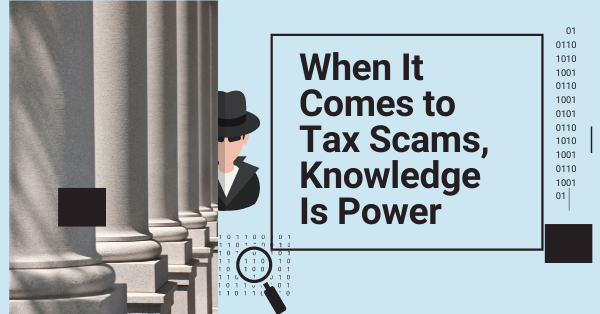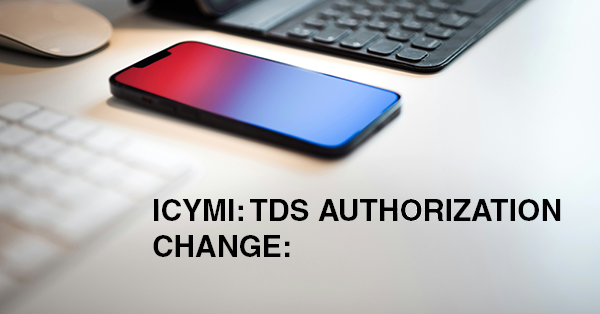When It Comes to Tax Scams, Knowledge Is Power

Get a closer look at how the IRS Office of Fraud Enforcement is combatting identity theft, refund fraud and other criminal activity, and learn ways that you can help in the fight.
By Damon Rowe
A Closer Look, CL-21-18, June 17, 2021
In my role overseeing the IRS Office of Fraud Enforcement and having spent my early career in IRS Criminal Investigation, I’ve seen firsthand that criminals can be exceptionally good at playing on our emotions to lure us into a scam.
It’s easy for us to think we wouldn’t fall for these types of cons, but strong emotions, such as fear, can drive many people to do things they otherwise wouldn’t. Consider how you might react to:
- A call from someone claiming to be from the IRS saying you had to pay your tax bill immediately or the local police would be there in 10 minutes to arrest you?
- Your tax preparer asking you to sign a blank Form 1040 that would be filled in later?
- An email stating it is from the IRS asking you to click on a link to "verify" information?
- A text with a link to fill out an application to receive your “delayed” Economic Impact Payment check?
Criminals need victims to believe them, so they try to instill fear and urgency by threatening the victim with arrest if they don’t pay a bogus tax bill immediately. Or, they play on the victim’s trust that they are being helped and that providing their personal and financial information will result in getting a financial benefit or something they are owed. Even the most street smart among us can be tricked by a savvy and unscrupulous miscreant.
Read the entire article here.




